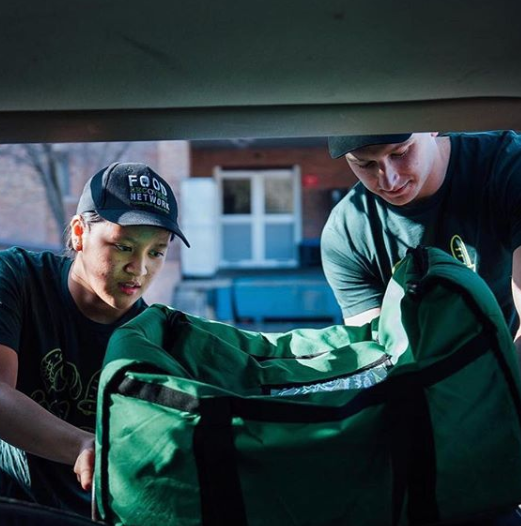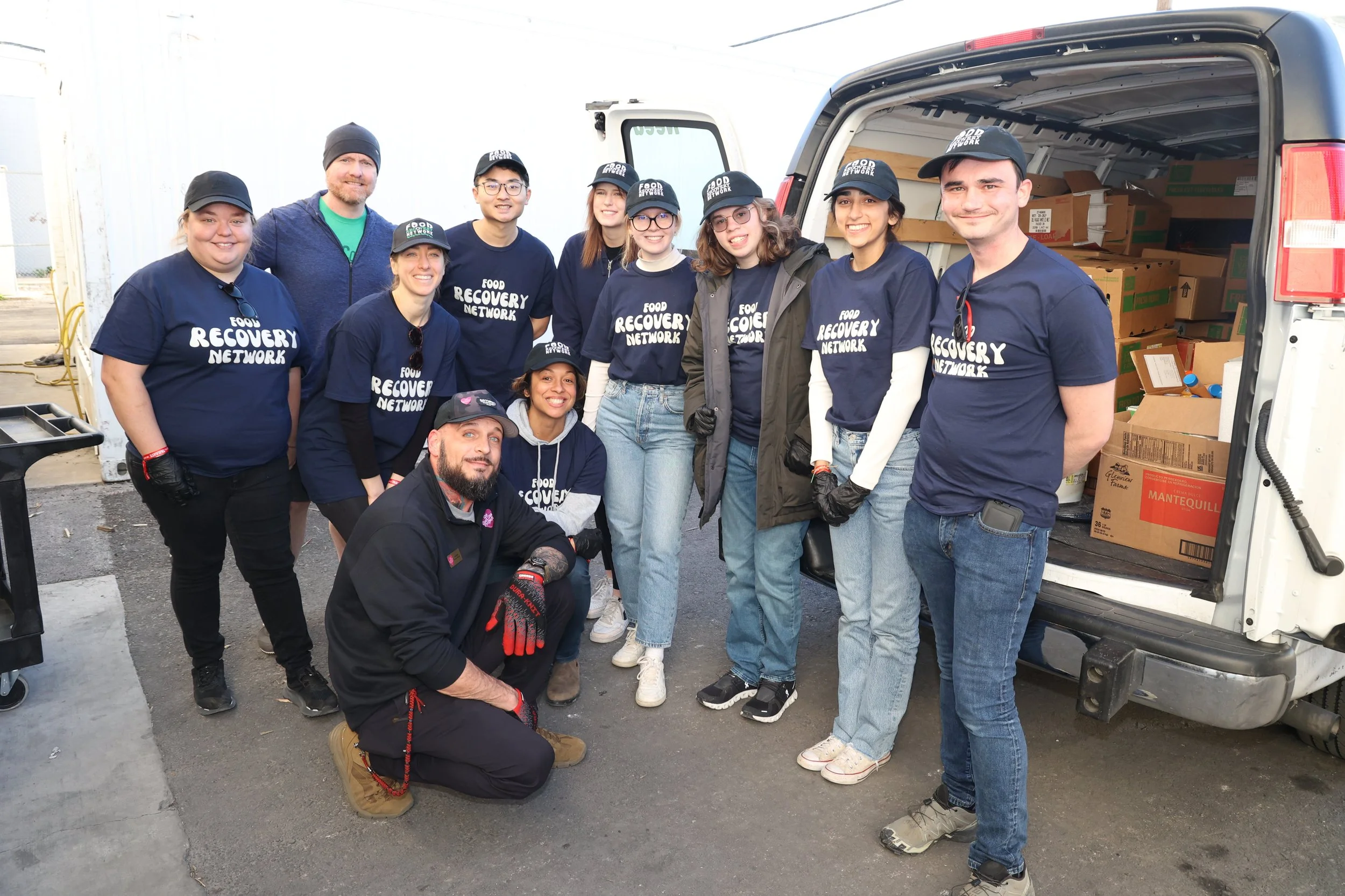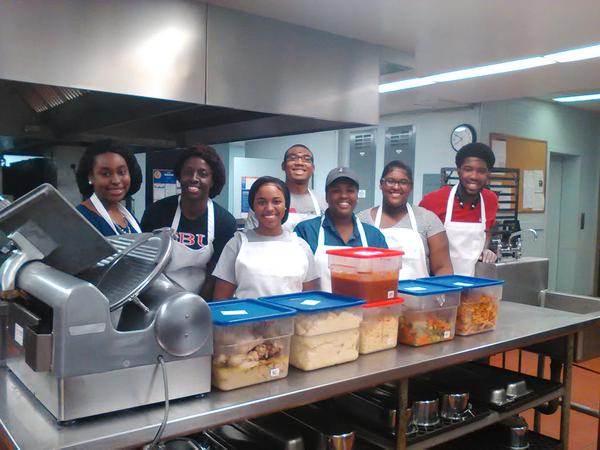FOR IMMEDIATE RELEASE
CONTACT: Sara Gassman, Food Recovery Network, (914) 355-8824, sara.gassman@foodrecoverynetwork.org, www.foodrecoverynetwork.org
Students recover one million pounds of food for hungry Americans
COLLEGE PARK, Maryland, November 16, 2015 - Food Recovery Network has reached a major milestone in its short four-year existence: the recovery of its one-millionth pound of food. Since 2011, students at more than 160 colleges and universities across the country have worked with campus dining services and local restaurants to pick up surplus prepared food and deliver it to hunger-fighting agencies in their communities.
FRN is the largest student movement against food waste and hunger at a time when 40% of all food is wasted and one in six Americans does not know where his or her next meal will come from.
Food Recovery Network began as a student club on the University of Maryland, College Park campus and, in partnership with food rescue groups at three other campuses, grew into a national student network. Currently, fourteen full-time employees support student leaders one-on-one in building and growing their food recovery programs at no cost to the students.
"When I first started working on FRN with my fellow co-founders, I had no idea that we would grow so quickly or that others would become so invested in the cause. We've been able to donate 1 million pounds in 4 years because we have thousands of student volunteers who care that good food is going to waste on their campus dining halls.” says Mia Zavalij, FRN cofounder and Director of Development. “hey care that there are people in need in their communities. And they are doing something about it."
Food Recovery Network has also certified more than 65 food businesses that donate their surplus prepared foods, including The Gates Foundation Dining and Best Buy Corporate Dining.
By May 2016, there will be FRN chapters on over 180 campuses that will have recovered more than 1.2 million pounds of food since 2011, putting higher education on track to be the first sector where food recovery is the norm and not the exception.
"I remember being a freshman and feeling so small and disheartened about these huge, seemingly insurmountable global issues like hunger and climate change. I have no words to describe how inspiring it is, years later, to see thousands of FRN students attacking these issues in a meaningful, powerful way. One million pounds matter. Eight hundred thousand meals matter. Together, we're actually making a difference." says Cam Pascual, FRN co-founder and Director of Innovation.
On reaching this milestone, FRN Executive Director Regina Northouse remarks, "This one million pounds symbolizes so much for FRN. It's symbolic of the change our chapters want to see in the world, and their commitment to making that a reality: that good food should not be wasted, and that we can help those in our communities who need support. It's a simple solution to a fundamental belief we hold, and that belief will propel us forward as we recover the next million pounds."
About Food Recovery Network
Food Recovery Network unites and supports college students to fight food waste and hunger by recovering surplus food from their campuses and local restaurants that would otherwise go to waste and donating it to hungry Americans. FRN has 160+ chapters in 39 states. For more information about Food Recovery Network, visit www.foodrecoverynetwork.org. Follow us on Twitter @FoodRecovery and like us on Facebook at www.facebook.com/FoodRecoveryNetwork.
To see original release, click here.
To see associated photos for use with release, click here.





